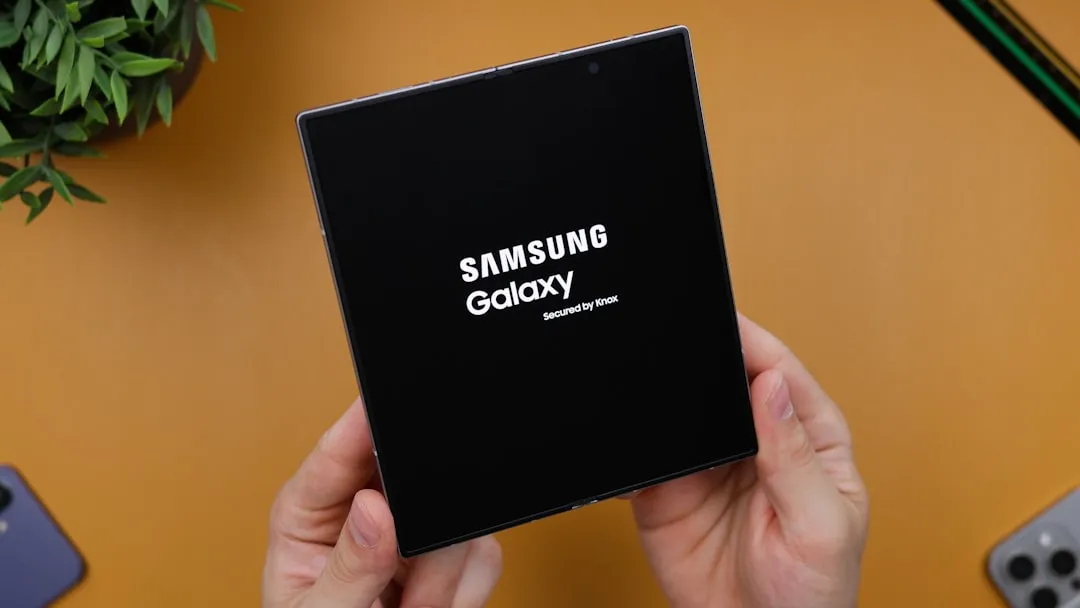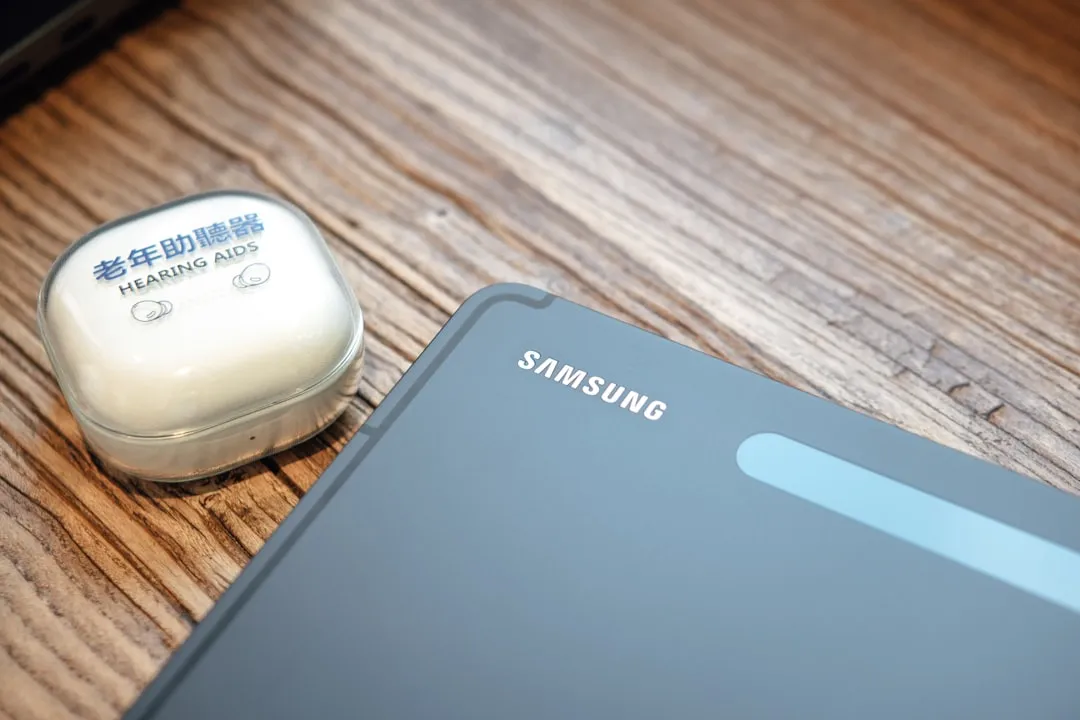We already know that major players like Magic Leap have been planting the seeds of augmented reality for mainstream consumers through wireless partnerships with AT&T, NTT Docomo, SK Telecom.
But now, one of India's leading telecom companies has joined forces with a much lesser known AR headset maker to make a play for the same consumer market. On Monday, at its annual shareholders meeting, India-based wireless giant Reliance Jio previewed the Holoboard AR headset, a device that will work in conjunction with Jio's new fiber service.
The headset is made by Tesseract, a startup funded by Jio's parent company, Reliance Industries Limited. In terms of design, the Holoboard bears a striking resemblance to the Meta 2 headset and comes with a handheld controller. (AR insiders might also notice that Tesseract's website looks a lot like Magic Leap's original website for the launch of Magic Leap One.)
During today's presentation, Jio's team demonstrated several use cases for the Holoboard, including shopping, education, and entertainment. For shopping, the team showed how a 3D hologram of the user can be employed to preview clothing in various styles and colors before purchase.
In the education example, the team used a virtual replica of the solar system to trace the path of a spacecraft traveling from the Earth to the moon. (In addition, Tesseract shared a video on Sunday demonstrating an animated 3D model of the human heart in AR.)
Finally, the entertainment portion of the demo revealed an experience similar to Magic Leap's Screens for viewing media, with virtual screens that can scale from home TV to commercial theater-sized images anchored in the user's space.
Jio Fiber will launch on Sept. 5, but the company did not reveal a launch date or a price for the headset, only noting that the device will be available "very soon" at an "extremely affordable price."
According to Tesseract's website for the Holoboard, the device is capable of 90 degrees field of view, with 3D content delivered via a curved, semi-transparent optical combiner. The headset maker also claims that it is developing an AR cloud platform for multi-user experiences and persistent content.
While the pairing of AT&T and Magic Leap is working to forge a path for the mainstream future of AR in the context of 5G in the US and beyond, Jio's strategy appears to be intent on blazing a different trail, using a cheaper yet equally bulky headset that might serve as a trojan horse to get AR into homes faster.
Cover image via Reliance Jio/YouTube



























Comments
Be the first, drop a comment!